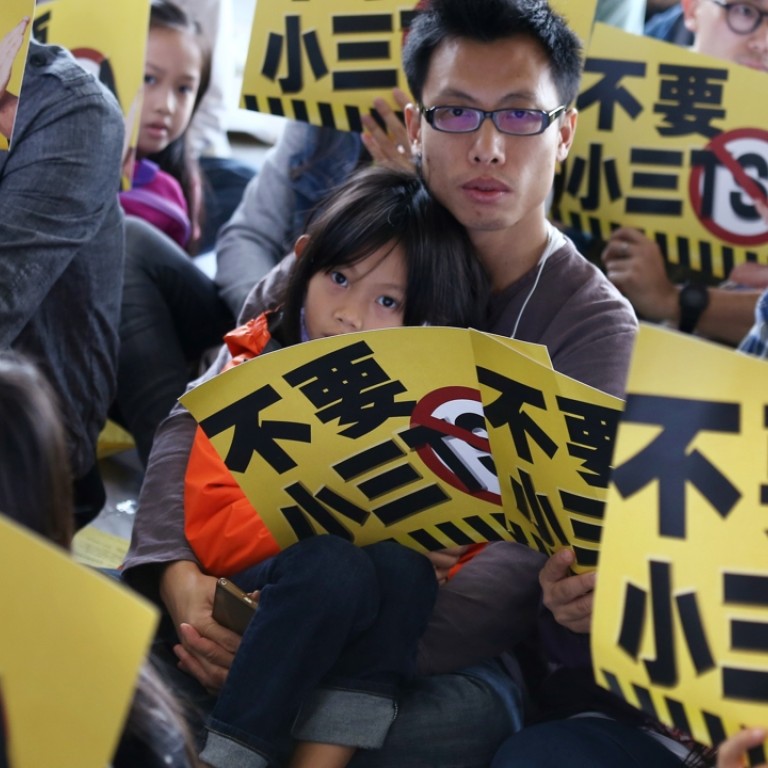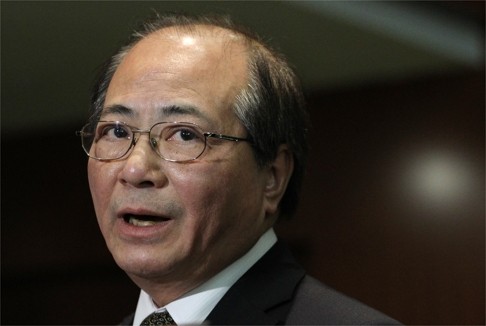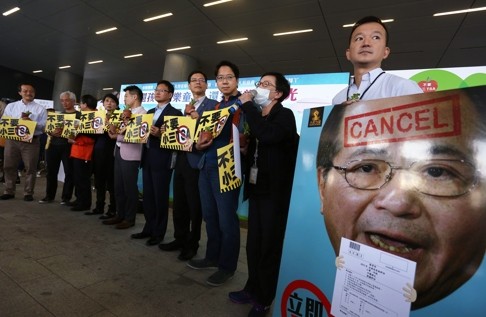
Have Hong Kong’s education officials lost their minds?
Mike Rowse says with the Education Bureau’s petty biases against the ESF and international schools, and their flip-flopping on the importance of the TSA, the city’s education sector is in a sad state

For as long as I have been in Hong Kong, most of those in government dealing with education have had an intense dislike of international schools. This animosity reached a crescendo when mention was made of the English Schools Foundation (ESF), which the old education department (now absorbed into the bureau) loathed with a passion.
There was some justification for holding a grudge when the ESF was first established. The classes were smaller, there were more and better facilities than in local schools, and the full cost was covered by the government which meant that the subsidy per pupil was very much higher. This anomaly was later corrected and the system changed to parity of subsidy per child, with the higher costs covered by fees.
READ MORE: ESF fees soar 22 per cent for new pupils as Hong Kong government subsidy is phased out
Despite the introduction of ESF fees, many local parents – including civil servants, some of whom were themselves working in the education sector – opted to send their children to schools in the ESF/international stream rather than make them endure the rigours of local ones.
As a former chief secretary told a lunch of International Business Committee members, “The education department sees the popularity of international schools as an indictment of their own work with local schools”, going on to add, sotto voce, “which of course it is”. I was sitting next to him and silently applauded his candour.
The education officials kept up their assault on the ESF subvention, arguing that it was unfair to international schools because they received no subsidy. The obvious remedy to that would, of course, have been to introduce a similar subsidy to the international schools, which could have been justified on the grounds that the majority of children attending were from local families. But that might have wiped out the local school sector altogether and no one was ready to go that far.
READ MORE: TSA row provides an opportunity to reshape Hong Kong’s learning environment
The anti-subvention campaign was maintained even after all three candidates in the 2012 chief executive election pledged in writing to maintain it. Finally, agreement was reached to scrap the subsidy and it is in the process of being phased out.
Now to the TSA. The idea behind it is a commendable one: test children anonymously on how well they are doing in certain key subjects periodically to measure how well the schools are doing their job so that improvements can be made to systems and curriculums.

Then came the outcry from parents: their children were being drilled all day in school to do well in exams that meant nothing to them personally and were not learning very much in the process.
I am not a doctor, but that looks as clear a case of schizophrenia as I have ever seen
Then came the message from education bureau officials that this excessive drilling was wrong, that children were not being assessed individually, etc. In a good many cases, this latest message was coming from the same individuals who had earlier whispered the opposite. I am not a doctor, but that looks as clear a case of schizophrenia as I have ever seen.
Presiding over this shambles is our hapless minister. I have only one thing to advise him, though I am not sure how much comfort he will derive from it: it’s not paranoia if they really are out to get you.
Mike Rowse is the CEO of Treloar Enterprises and an adjunct professor at the Chinese University of Hong Kong. [email protected]

